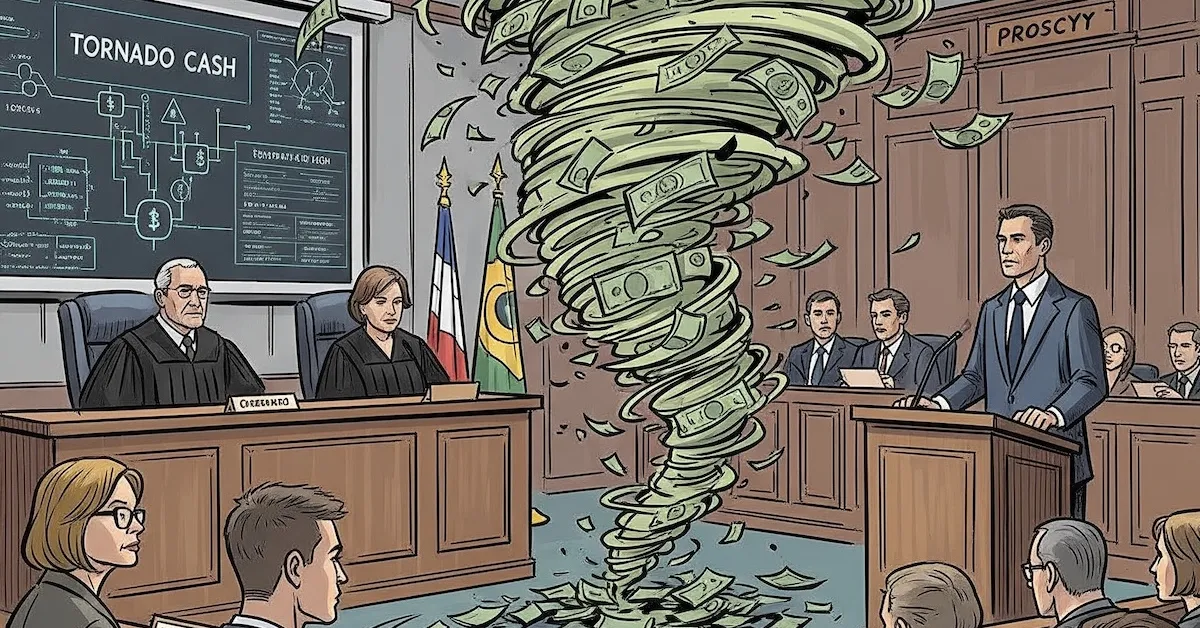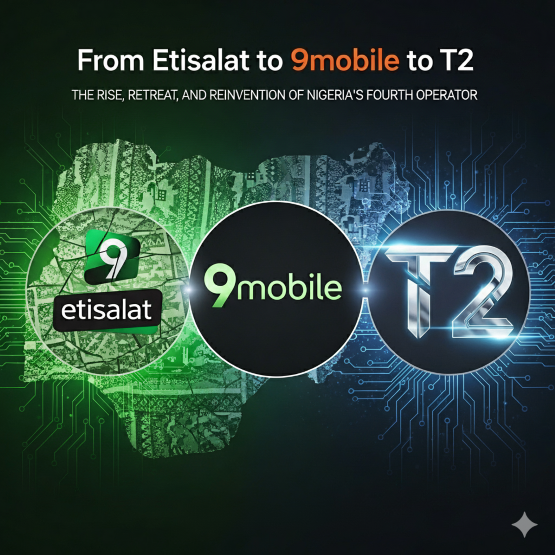Tornado Cash Dev Roman Storm Found Guilty, Shaking Crypto Privacy World!

The recent Tornado Cash trial, involving co-founder Roman Storm, has drawn significant attention due to its high-stakes implications for developers of noncustodial Bitcoin and crypto technology, as well as privacy-preserving software. Amanda Tuminelli, executive director and chief legal officer for the DeFi Education Fund, highlighted the broader impact of this case, viewing it as a pivotal moment for the crypto industry.
Tuminelli provided an overview of the three charges against Roman Storm, with a deep dive into the conspiracy to operate an unlicensed money transmitting business. As an expert on 18 U.S. Code § 1960, the federal law prohibiting unlicensed money transmission, she argued that Storm had not violated this statute in creating and operating Tornado Cash, an Ethereum-based crypto mixing service. The discussion also touched upon legislative efforts like the CLARITY Act and the Blockchain Regulatory Certainty Act (BRCA), both designed to protect developers of “non-controlling” (noncustodial) crypto technology by stipulating they do not require money transmitting licenses.
A critical point raised by Tuminelli was the Department of Justice’s (DoJ) perceived shift away from 2019 FinCEN guidance, which she believes threatens innovation in the crypto space. This shift could lead to further prosecutions of developers, despite a memo from U.S. Deputy Attorney General Todd Blanche stating the DoJ would stop targeting crypto entities, including mixing and tumbling services, for the acts of their end users. Tuminelli also shared insights into the trial's progression and the defense's strategy, along with the amicus briefs submitted by the DeFi Education Fund for both the Tornado Cash and Samourai Wallet cases, though the former was rejected.
The trial concluded with a guilty verdict for Roman Storm on the second count of his indictment: conspiracy to operate an unlicensed money transmitting business. This verdict, reached after three and a half days of jury deliberation, means Storm now faces up to five years in prison. The jury, however, did not reach a unanimous verdict on the other two charges, which included conspiracy to commit money laundering and conspiracy to violate sanctions.
Following the verdict, the prosecution motioned to remand Storm into custody, citing him as a flight risk. However, Judge Failla rejected this motion. The defense, through Ms. Klein, successfully argued against the remand by highlighting Storm’s strong ties to the United States, including his home in Washington state secured by a $2 million bail bond, his daughter and girlfriend residing in the U.S., and his parents being green card holders. The judge noted the “stability of the verdict is still in play,” likely referring to the anticipated appeal, and concluded that his “incentives have shifted tremendously,” thus denying the prosecution’s request.
U.S. Attorney for the Southern District of New York, Jay Clayton, issued a statement shortly after the verdict. Clayton asserted that Roman Storm and Tornado Cash facilitated North Korean hackers and other criminals in moving and hiding over $1 billion of illicit funds. He emphasized that while digital assets offer promise, this cannot excuse criminality, and committed to holding accountable those who exploit emerging technologies for crime. Notably, Clayton did not acknowledge the aforementioned memo from Deputy Attorney General Todd Blanche regarding the DoJ's new stance on virtual currency mixing services, nor did he mention that the vast majority of funds moved through Tornado Cash users were not proven to have been obtained illicitly. This trial's outcome and the surrounding discussions underscore the ongoing tension between technological innovation and regulatory enforcement in the cryptocurrency sector.
You may also like...
From Etisalat to 9mobile to T2: The Rise, Retreat, and Reinvention of Nigeria’s Fourth Operator

From a meteoric rise to a challenging retreat, Etisalat Nigeria’s evolution into T2 tells a story of resilience, wins, a...
Boxing Blockbuster: Jake Paul and Gervonta Davis Set for November Showdown

In a surprising announcement, Jake Paul is set to face WBA lightweight champion Gervonta "Tank" Davis in an exhibition b...
Carabao Cup Shocker: Grimsby Stuns Man Utd in Penalty Thriller

Manchester United suffered a shocking Carabao Cup exit after losing 12-11 on penalties to League Two side Grimsby Town. ...
Venice Stunner: Paolo Sorrentino's 'La Grazia' Captivates Critics with Record-Breaking Ovation!

Paolo Sorrentino's new film “La Grazia” opened the Venice Film Festival to critical acclaim, presenting a nuanced portra...
The Hunt for 007: Frontrunners Out, Legends Back, New Details Emerge in Bond Saga!

The search for the next James Bond intensifies as actors like Taron Egerton and Glen Powell rule themselves out, while M...
Reading and Leeds Festival Plunged Into Chaos by Secret Set Leaks and Star's Last-Minute Snub

Reading and Leeds Festival 2025 is buzzing with fan speculation about secret sets from The Foo Fighters and Chase & Stat...
Naira Marley Breaks Silence on Mohbad's Death Amid Mounting Controversy

Musician Naira Marley has publicly addressed the controversial death of his former signee, Mohbad, sharing his side of t...
Pete Davidson's Paternal Bliss: Comedian's Dream of Fatherhood Comes True with Elsie Hewitt

Comedian Pete Davidson and model Elsie Hewitt are expecting their first child, announced via Instagram by Hewitt. Davids...